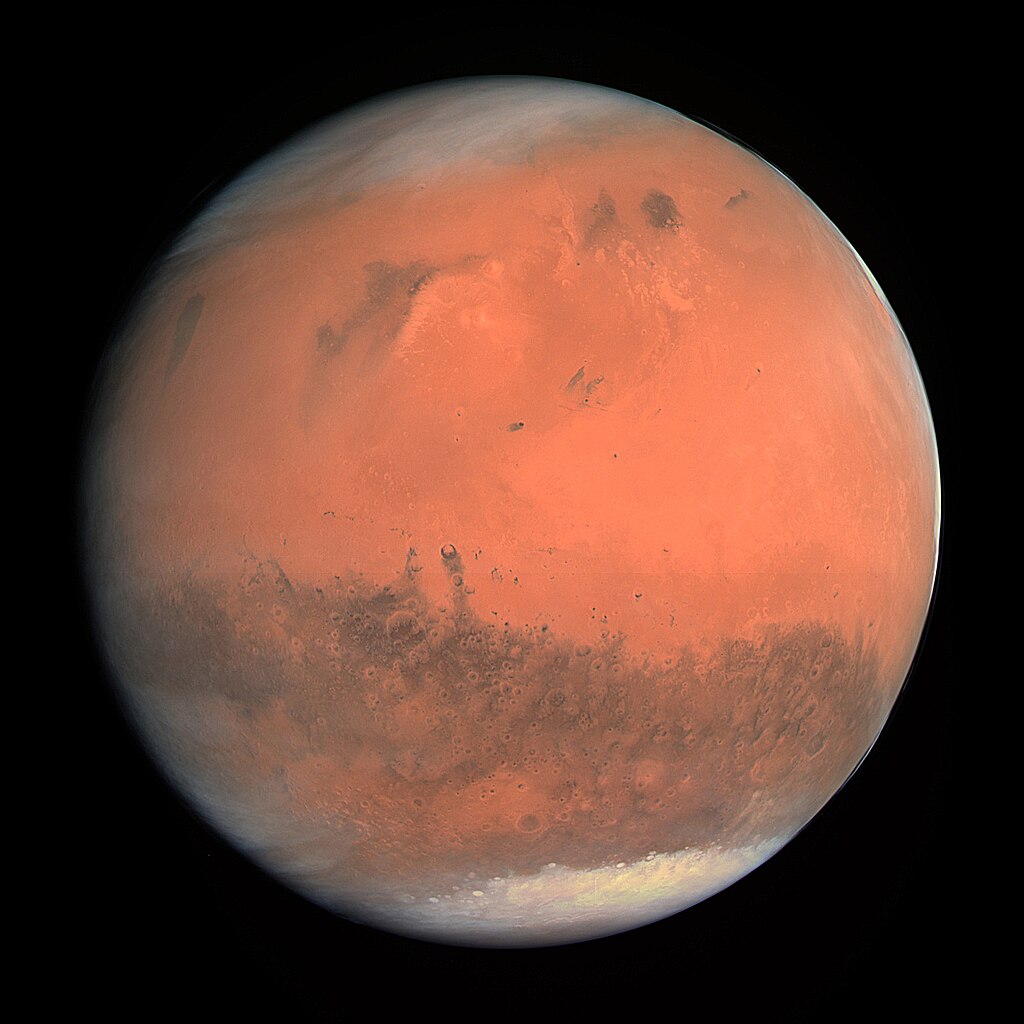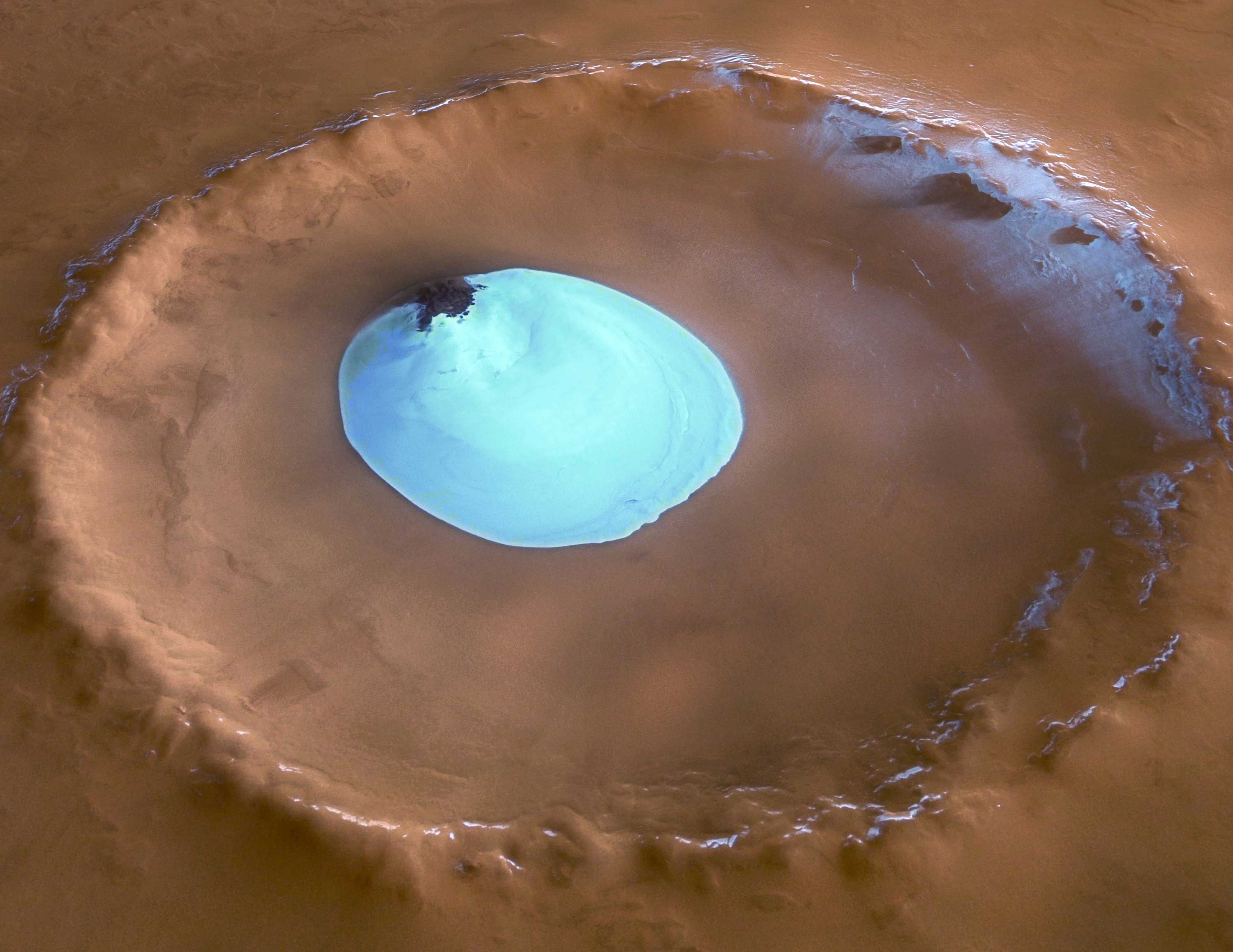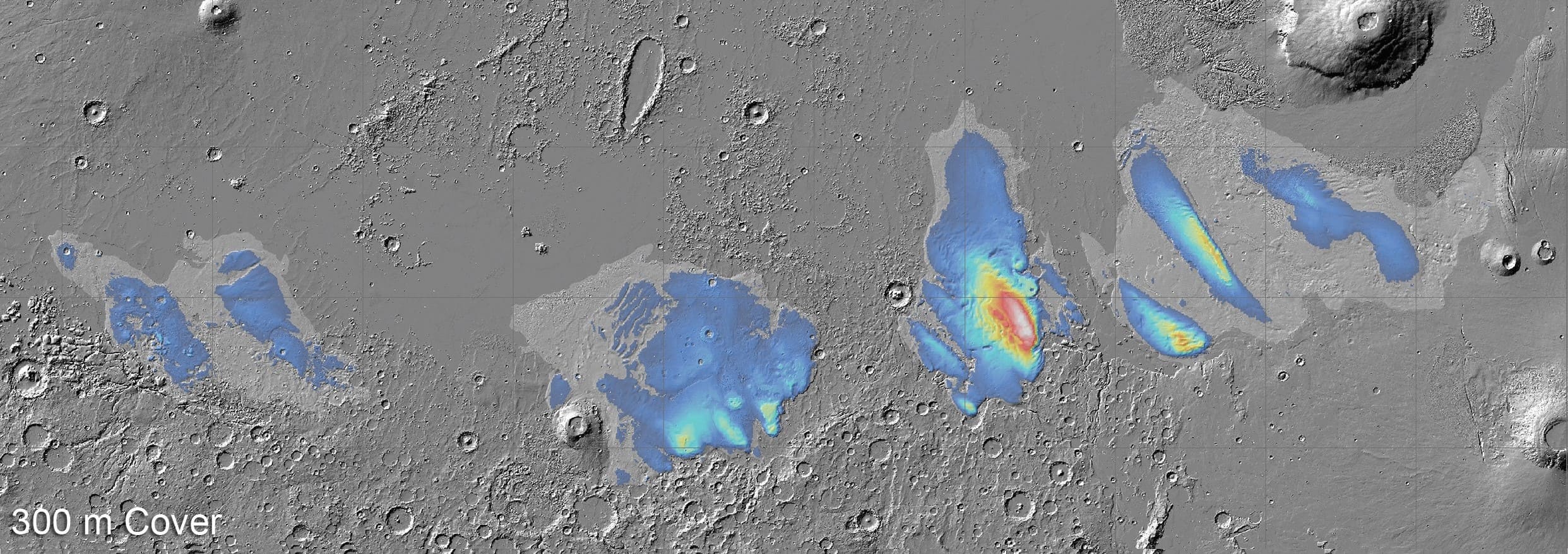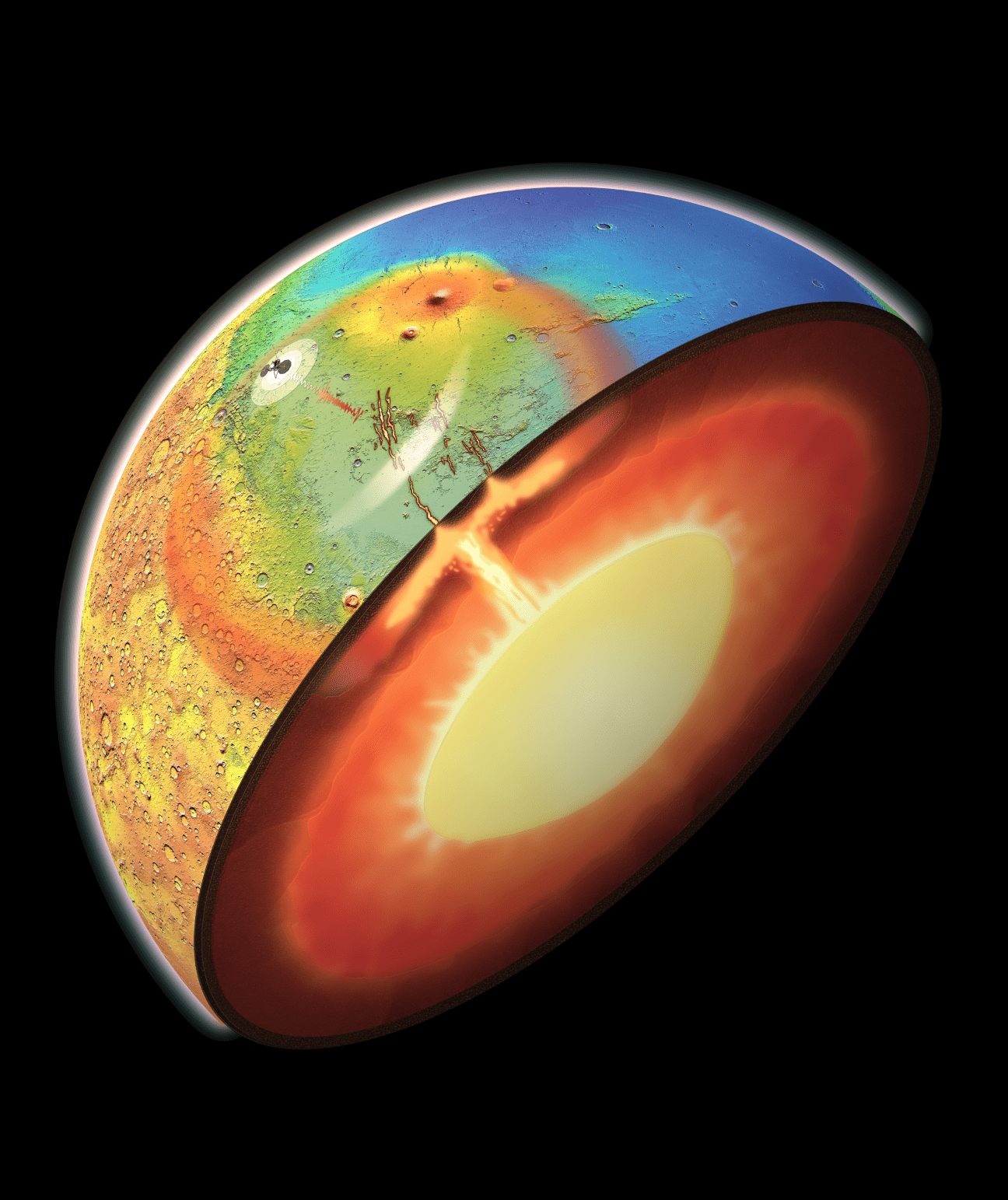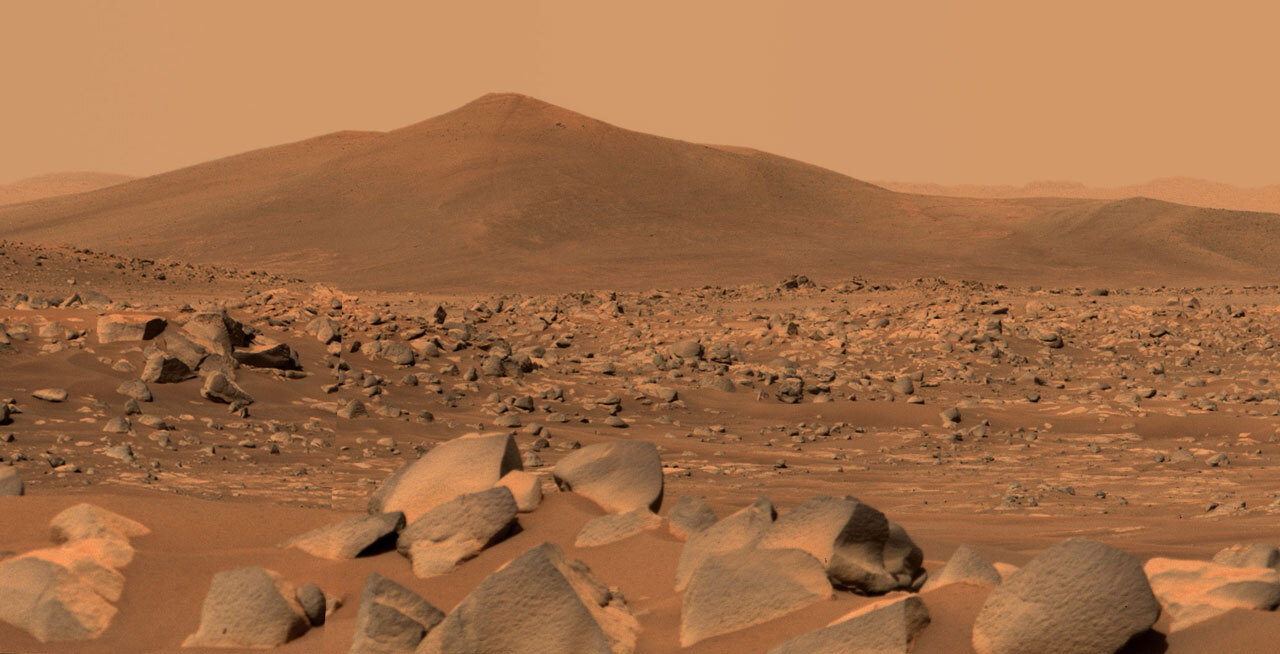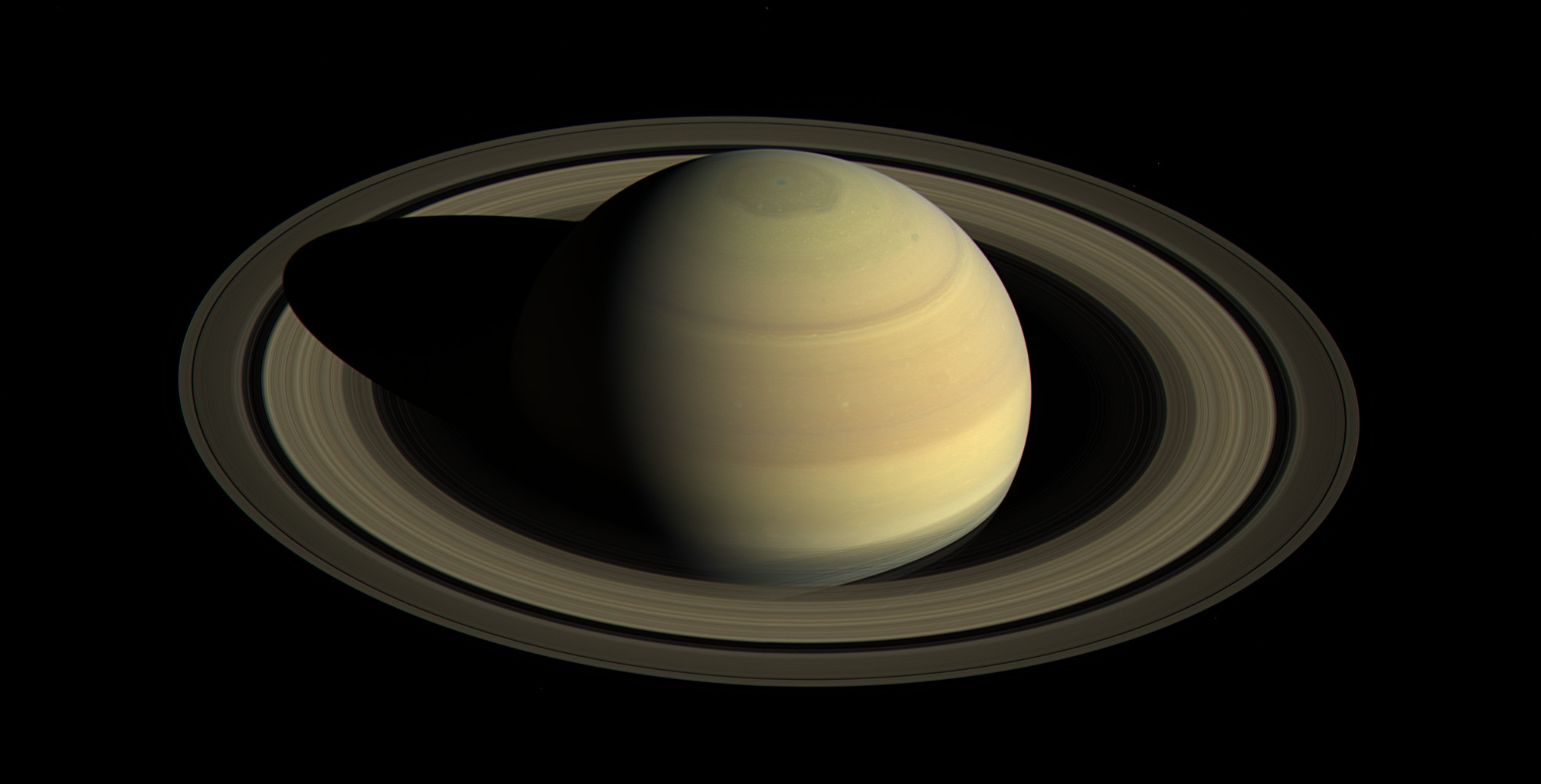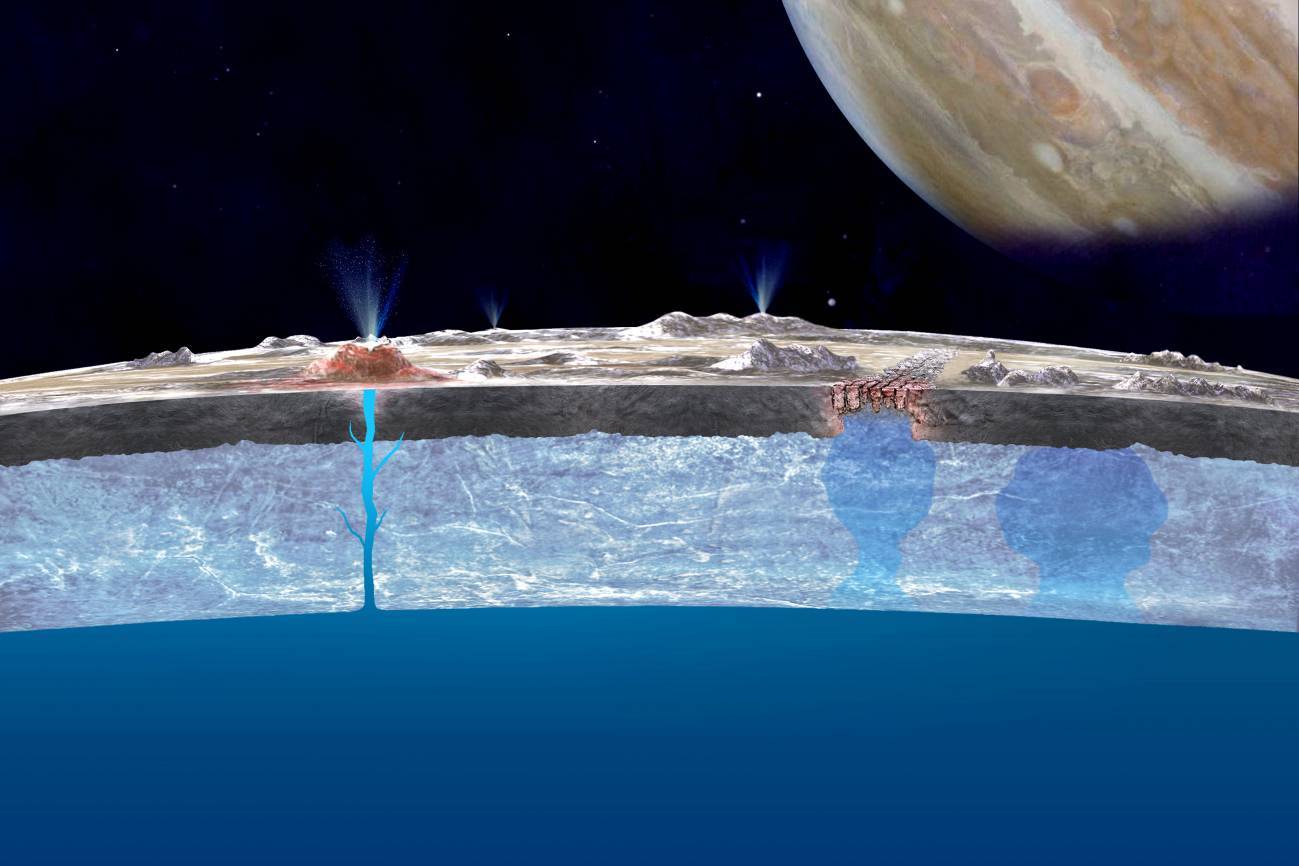The presence of a solid inner core has been detected on Mars
Previous studies had confirmed the presence of liquid in Mars' core. However, there was conflicting information about the possible existence of a solid component. Now, data from NASA's InSight mission show that there is indeed a solid component in the planet's core, whose radius is estimated at about 600 kilometers. The data, published in the journal Nature, may increase our understanding of the formation and evolution of Mars, as well as its potential habitability.
